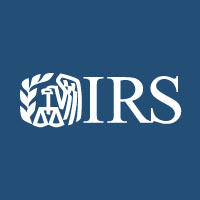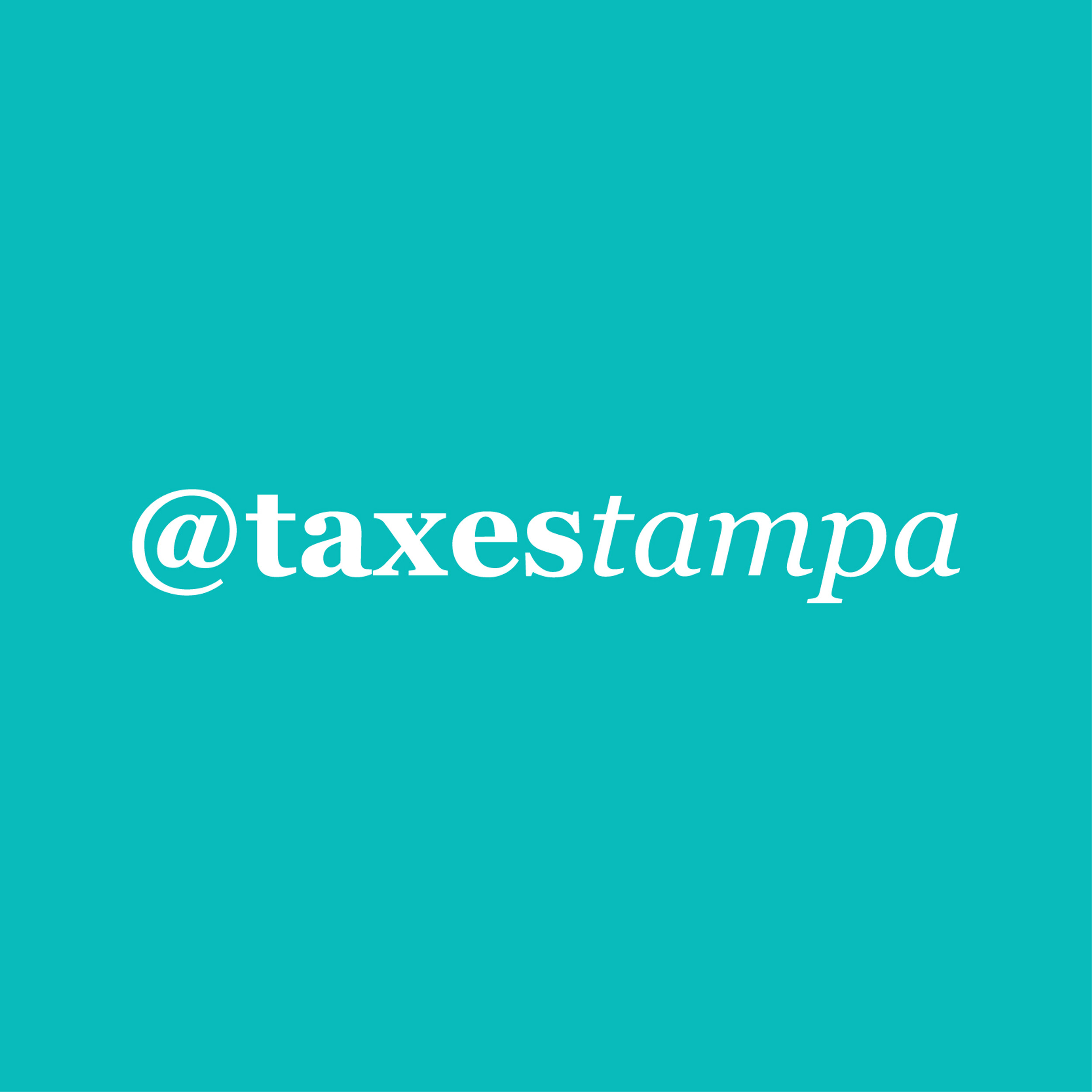Finding the perfect certified public accountant (CPA) for your small business can seem daunting, but it’s crucial for your company’s financial health and growth. By asking the right questions, you can ensure that your CPA will not only keep you compliant with regulations but also help your business thrive. Let’s delve into some essential queries to ensure a fruitful collaboration with your CPA.
The cornerstone of a successful partnership with your accountant lies in mutual understanding and cooperation. Asking how you can support their efforts opens the door for improved financial management. Whether it’s maintaining thorough records, using specific accounting software, or being proactive about communication, understanding your CPA’s needs can significantly enhance the quality of advice and service you receive.

- Strategizing for tax season: Effective planning makes all the difference. Source: ondeck.com
Recording keeping is fundamental to the health of your business’s finances. Inquiring about the specific documents your accountant needs for accurate bookkeeping and tax preparation can save you from future complications. Proper organization of receipts, invoices, bank statements, and more not only simplifies tax season but ensures that your financial tracking is precise and beneficial for strategic planning.

- Maximizing deductions: Keeping track of eligible business expenses. Source: ondeck.com
Tax preparation is an ongoing endeavor, not just an end-of-the-year rush. Discussing strategies for continuous tax planning with your accountant can reveal opportunities for deductions and credits that you might not have considered. By staying aware of and compliant with any new tax legislation affecting your business, you can avoid surprises and optimize your tax outcomes.

- Minimizing audit risks: Best practices for a smoother tax journey. Source: ondeck.com
Your industry’s specific tax regulations could have significant implications for your business. Knowledge of these nuances is critical for ensuring compliance and taking full advantage of available tax credits. Your CPA should offer guidance tailored to your sector, helping you navigate through the complex landscape of industry-specific tax obligations.

- Harnessing expertise: Tailored tax solutions for your business. Source: ondeck.com
Managing cash flow effectively is a vital skill for any business owner. Understanding how to monitor your finances, assess income and expenses accurately, and predict future needs can help maintain a healthy cash flow. Your accountant can provide valuable strategies and insights into managing your cash reserves more efficiently.
Leveraging your accountant’s professional network can open up new avenues for your business. They can connect you with trusted legal advisors, financial planners, or lenders who can offer additional support for your business. Having access to a wider network of professionals can be immensely beneficial for both short-term resolutions and long-term growth.
Choosing the right business structure is crucial for optimizing tax payments and fulfilling legal obligations. Your CPA’s expertise can shed light on the pros and cons of different business structures, helping you select the one that offers the most benefits for your specific situation regarding taxes and operational efficiencies.
Knowing which tax deductions you’re eligible for can significantly reduce your taxable income. Your accountant can help identify opportunities for deductions that you might not be aware of, guiding you on how to document and track these expenses correctly to maximize your savings.
Understanding the risk of tax audits and how to minimize them is another area where your accountant provides value. They can advise on best practices for bookkeeping and reporting that align with IRS guidelines, reducing the likelihood of an audit and ensuring that your business remains in good standing.
With the right CPA, your small business can navigate the complexities of financial management and tax planning with greater ease. These essential questions not only deepen your understanding of what your accountant can do for you but also how you can contribute to a more effective and rewarding partnership. Remember, a good CPA does more than crunch numbers; they’re a strategic ally in your business’s journey to success.
